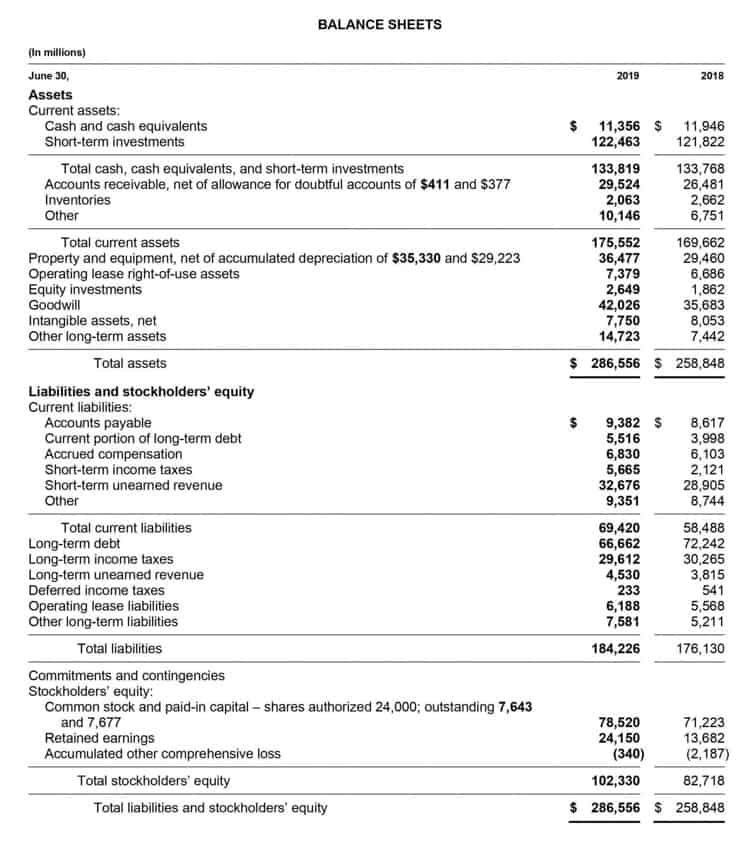
Ohana Accounting LLC is the partner small business owners count on for accurate accounting services, smart bookkeeping solutions, and valuable tax strategies. As a business owner who’s in charge of so much, managing your finances can become complicated and tedious, even with the best accounting software. Let us take these important tasks off your plate and design a coordinating tax plan to maximize revenues while you focus on the daily operations of your business. We’ll keep you updated with the relevant financial data your business requires to run smoothly, limit expenses, and capitalize on new opportunities. With our powerful financial guidance and support, your business won’t just make it, it will thrive.
- An LLC affords its owners, called members, limited liability, without many of the hassles of maintaining a corporation.
- This can help you maximize your tax deductions and reduce your overall tax liability.
- In today’s rapidly evolving regulatory environment,adapting technology is crucial for staying compliant while managing an LLC’s finances effectively.
- In some states, corporations are required to file an annual report whereas LLCs are not.
- When deciding between outsourcing and in-house bookkeeping for an LLC, several factors should be considered.
- In simple terms, bookkeeping is the process of recording and organizing financial transactions of a business.
- A limited liability company (LLC) is neither a partnership nor a corporation but still has identical rights to a corporation without the same tax liability.
Turn receipts into data for tax time ✨

Many banks offer business checking accounts that are free to open, with only a minimum balance required to avoid fees. You’ll also have to learn how to keep your LLC ledger as a business owner. If you don’t have any experience, there is a lot to learn, but the good news is that it’s surprisingly easy to get started. A first step, if you decide not to hire your own accountant, and you don’t have partners in Accounting Periods and Methods your business venture, for you as a small business owner to file as a Single Member LLC. This is the same as filing as a sole , which is the same as sole proprietorship. Lastly, you’ll file organizational paperwork with your state, and receive a certificate of operation that will include an identification number for tax purposes.

How should I set up the accounting system for my LLC?
- Say you sent an invoice to your client in April but didn’t receive the payment until June.
- Choosing the right classification can save you money and headaches down the road.
- Some companies still use written bookkeeping ledgers purchased at an office supply store, but most modern business owners choose an electronic option.
- You’ll be happy you did when your tax preparer doesn’t charge you a fortune for drudging through a box full of receipts and invoices.
- But with proper bookkeeping, we can stay on top of our tax obligations and avoid any nasty surprises.
Commingling funds should be avoided at all costs to uphold legal protection while maintaining clear financial records. Clear boundaries between personal and business assets must be established to avoid confusion regarding ownership during audits or legal proceedings. Firstly, an LLC needs to have separate bank accounts for business transactions. These include a checking account for daily methods of accounting for llc expenses, payroll, and other operational costs. The Internal Revenue Service (IRS) also offers guidance on choosing the right accounting method.
Quicken Vs. QuickBooks for Tracking Inventory

Attaining this designation signifies proficiency in applying accounting processes within small to mid-sized businesses, showcasing expertise and dedication to delivering quality service. Whether aiming to specialize in this field or advance an existing career, exploring the Professional Bookkeeper™ Program is a worthwhile investment. An accountant or bookkeeper can offer valuable advice and ensure we’re following best practices for small business record-keeping. They can also help us stay compliant with all the rules and https://www.facebook.com/BooksTimeInc regulations.

Your reputation for paying on time – or not so much – will be important to vendors who deliver supplies to you and to creditors who decide whether or not to extend you a line of credit. Therefore, it’s important to make sure that you schedule these expenses ahead of time. Join over 1 million businesses scanning receipts, creating expense reports, and reclaiming multiple hours every week—with Shoeboxed. Join over 1 million businesses scanning & organizing receipts, creating expense reports, and more—with Shoeboxed. Turn your receipts into data and deductibles with our expense reports that include IRS-accepted receipt images. A business owner needs to be aware that these records should be kept for a certain amount of time.
- Mark your calendar with important dates for estimated tax payments, annual filings, and payroll taxes.
- In these cases, you’ll have to keep written estimates of how often you use your home office for business, or how many miles you drive in your vehicle to conduct business.
- The LLC must also file a Schedule K-1 that breaks down every member’s share percentage.
- In addition to these general guidelines, each business should consider any industry standards which may affect the holding period of records due to the unusual legal circumstances.
- Though you can transfer funds to the company from a personal account, the only time the LLC will transfer funds back is during the payment of wages for your role as a member or employee.
- In addition, sole proprietorships can be more difficult to finance than other types of businesses.
As an LLC owner, you’ll have to attach a Schedule C for reporting business income and a Schedule SE for paying self-employment tax. Along with setting up your LLC accounting, you’ll need to decide how you want to be taxed. The general ledger holds all of your business’s crucial financial information and enables you to organize and manage it. Without a general ledger, it’s difficult—if not impossible—to balance your books, apply for loans, or prepare yourself for an audit. With the cash method, you do not deduct expenses until they are paid and do not add cash until it is actually received.
